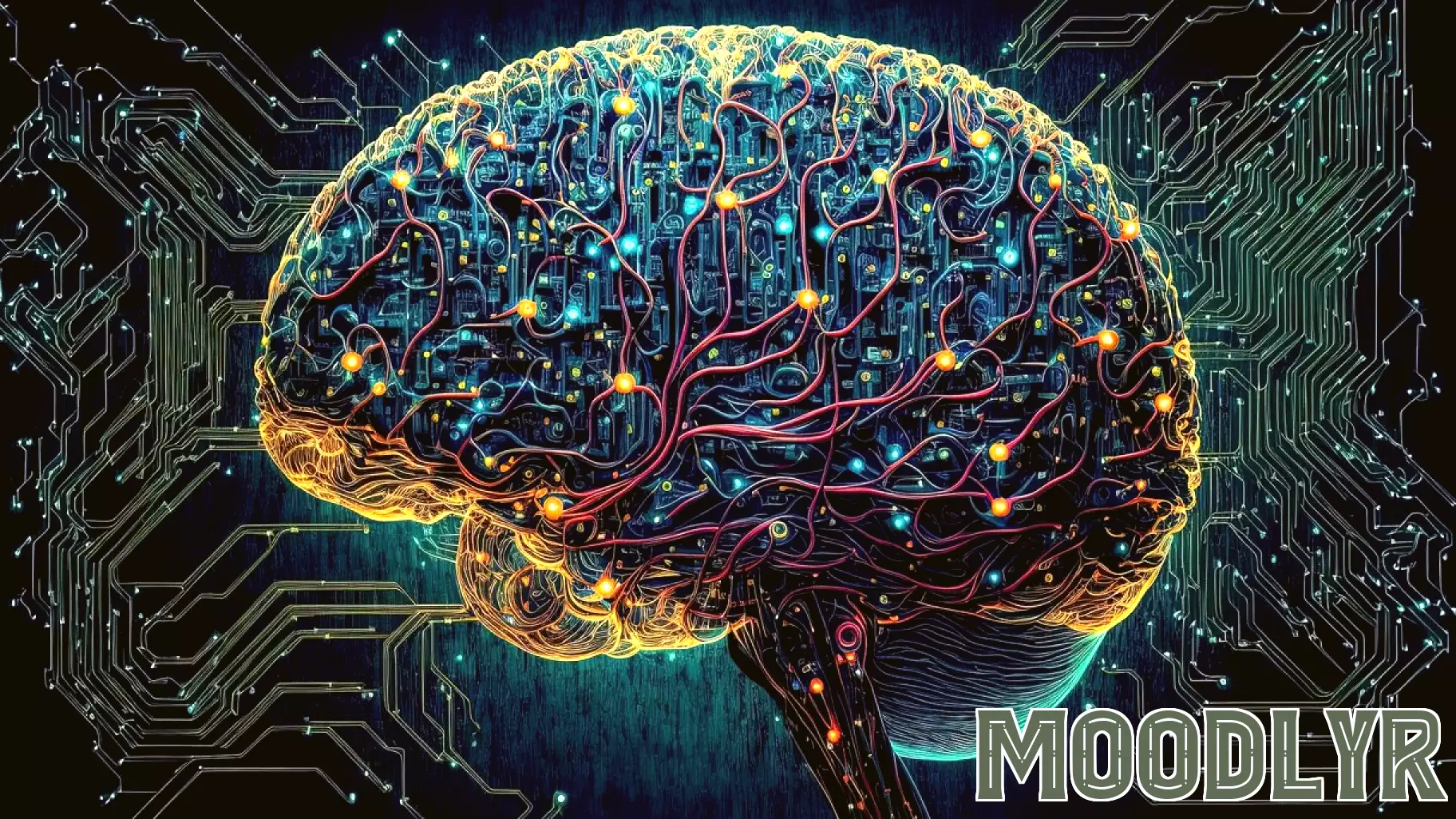Psychological Therapy Shows Promise in Alleviating Chronic Pain
May 17, 2025 - 17:01

Chronic pain conditions such as back pain, migraines, arthritis, and lingering symptoms from concussions and cancer treatments impact a significant portion of the adult population, affecting nearly 1 in 5 individuals. Recent research highlights the potential of psychological treatments to not only provide relief but also induce physical changes in the brain that may contribute to pain alleviation.
Studies suggest that therapies focusing on cognitive behavioral techniques can alter brain function and structure, leading to reduced pain perception. This shift underscores the importance of addressing the psychological aspects of chronic pain, which are often overlooked in traditional medical approaches.
As healthcare providers seek comprehensive solutions for patients suffering from persistent pain, integrating psychological treatment into pain management plans could offer a multifaceted strategy. By understanding the connection between mental health and physical pain, patients may find more effective avenues for relief, paving the way for improved quality of life.
MORE NEWS

February 21, 2026 - 02:30
Home Really Is Where the Heart IsThe age-old saying `home is where the heart is` is more than just a sentimental phrase; it is a neurological reality. New research suggests that the profound feeling of home is an idea we...

February 20, 2026 - 05:37
Racist Attitudes Linked To Future Psychological Distress – But Could Both Be Fueled By Something Else?A new research study is challenging the straightforward assumption that holding racist views directly causes future mental health problems. While confirming a link between prejudiced attitudes and...

February 19, 2026 - 04:05
UWM Professor Uses Sport Psychology Research to Solve Real-World ProblemsProfessor Barbara Meyer possesses a uniquely analytical lens that she applies to nearly every situation. Whether she`s guiding Olympic athletes, consulting with a university soccer team, or simply...

February 18, 2026 - 03:25
Why couldn't Ilia Malinin handle the pressure? Sports psychologists offer their thoughtsThe recent performances of top athletes have reignited a crucial conversation within the world of elite sports: the immense psychological burden of competition. While the spotlight often falls on a...